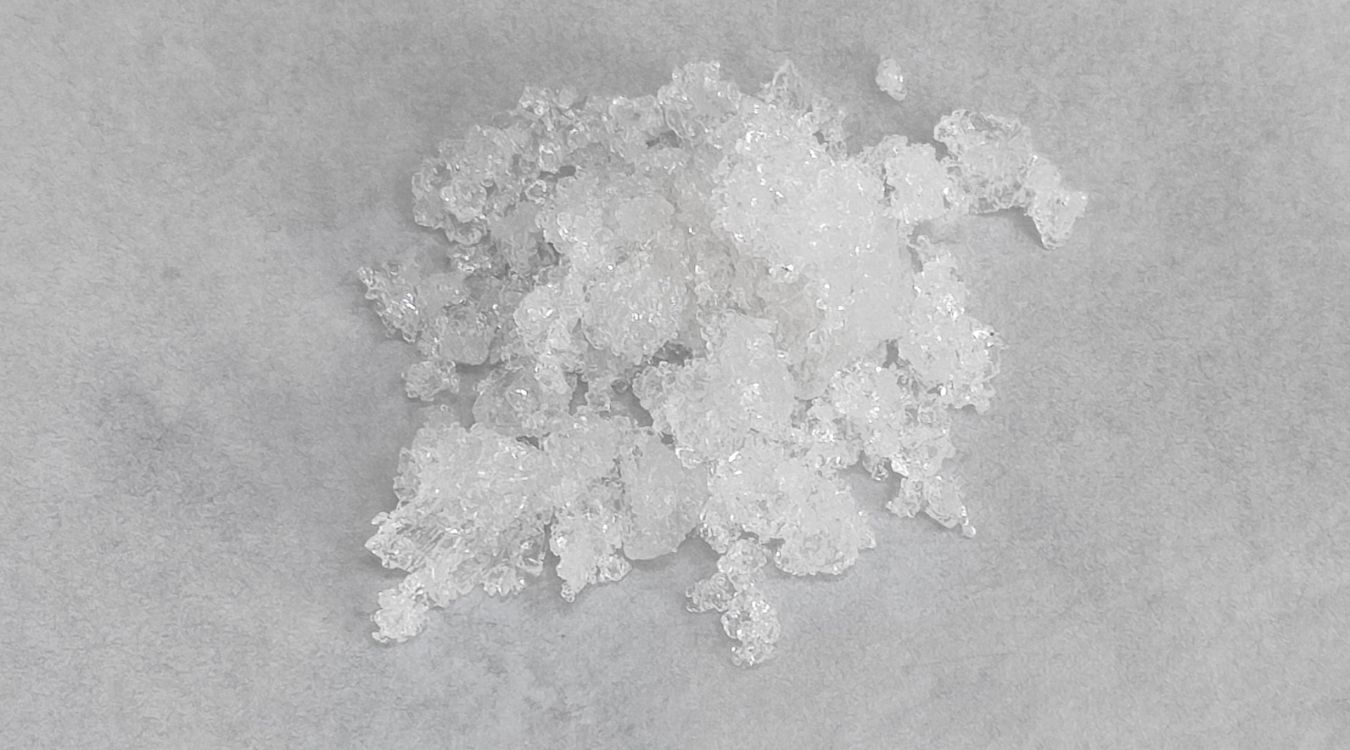
Proteus-like syndrome is a rare and complex condition that affects multiple parts of the body. Named after the Greek god Proteus, who could change his shape, this syndrome causes overgrowth of bones, skin, and other tissues. Symptoms can vary widely, making it challenging to diagnose. Some individuals may experience large, asymmetrical growths, while others might have skin abnormalities or vascular issues. Genetic mutations are often the culprits behind this disorder, but not all cases are the same. Understanding Proteus-like syndrome is crucial for providing proper care and support. Here are 33 intriguing facts about this rare condition that will help you grasp its complexities.
Key Takeaways:
- Proteus-Like Syndrome is a rare genetic disorder causing uneven growth in bones and skin. It impacts mobility and requires frequent medical care, but ongoing research offers hope for better treatments.
- Individuals with Proteus-Like Syndrome may need custom orthopedic devices and emotional support. Awareness efforts and support groups play a crucial role in helping affected individuals and their families.
What is Proteus-Like Syndrome?
Proteus-like syndrome is a rare genetic disorder characterized by overgrowth of bones, skin, and other tissues. Named after the Greek god Proteus, who could change his shape, this condition causes parts of the body to grow disproportionately. Here are some intriguing facts about this mysterious syndrome.
-
Proteus-like syndrome is extremely rare, with fewer than 200 cases reported worldwide.
-
The condition is named after the Greek god Proteus, known for his ability to change shape, reflecting the unpredictable nature of the disorder.
-
It is caused by a mutation in the AKT1 gene, which plays a role in cell growth and division.
-
The mutation occurs after conception, meaning it is not inherited from parents.
-
Symptoms usually become apparent in early childhood, often between 6 and 18 months of age.
Symptoms and Diagnosis
Understanding the symptoms and how doctors diagnose Proteus-like syndrome can help in managing the condition better. Here are some key points about its symptoms and diagnosis.
-
Overgrowth can affect any part of the body, including bones, skin, and organs.
-
Common symptoms include asymmetrical growth, where one side of the body grows more than the other.
-
Skin abnormalities, such as thickened skin and unusual pigmentation, are often present.
-
Some individuals develop large, raised, rough skin lesions known as cerebriform connective tissue nevi.
-
Diagnosis is typically based on clinical evaluation and genetic testing to identify the AKT1 mutation.
-
Imaging studies, like X-rays and MRIs, are used to assess the extent of overgrowth and other abnormalities.
Impact on Daily Life
Living with Proteus-like syndrome can be challenging. Here are some ways it impacts daily life and what individuals might experience.
-
Mobility issues are common due to uneven limb growth and joint problems.
-
Frequent medical appointments are necessary to monitor growth and manage complications.
-
Custom-made orthopedic devices, such as braces and special shoes, are often needed.
-
Social and psychological support is crucial, as the visible symptoms can lead to social isolation and emotional distress.
-
Educational accommodations may be required for children with the syndrome to support their learning needs.
Treatment and Management
While there is no cure for Proteus-like syndrome, various treatments can help manage symptoms and improve quality of life. Here are some treatment options.
-
Surgical interventions may be necessary to correct bone deformities and remove overgrown tissue.
-
Physical therapy can help improve mobility and strengthen muscles.
-
Pain management is important, as overgrowth can cause chronic pain and discomfort.
-
Regular monitoring for complications, such as blood clots and tumors, is essential.
-
Genetic counseling can provide valuable information and support for affected families.
Research and Future Directions
Ongoing research aims to better understand Proteus-like syndrome and develop new treatments. Here are some exciting developments in the field.
-
Scientists are studying the AKT1 gene to uncover more about its role in the syndrome.
-
Clinical trials are exploring targeted therapies that could inhibit the effects of the AKT1 mutation.
-
Advances in genetic testing are improving the accuracy of diagnosis and early detection.
-
Researchers are investigating the potential of gene editing technologies, like CRISPR, to correct the genetic mutation.
Famous Cases and Awareness
Raising awareness about Proteus-like syndrome can help improve understanding and support for those affected. Here are some notable cases and efforts to increase awareness.
-
Joseph Merrick, known as the "Elephant Man," is believed to have had Proteus-like syndrome, though his exact condition remains debated.
-
The Proteus Syndrome Foundation works to support individuals and families affected by the syndrome.
-
Awareness campaigns and social media have helped bring attention to the challenges faced by those with the condition.
-
Documentaries and films have highlighted the lives of individuals with Proteus-like syndrome, fostering greater empathy and understanding.
-
Medical conferences and symposiums provide platforms for researchers and healthcare professionals to share knowledge and advancements.
Support and Resources
Finding support and resources is vital for individuals with Proteus-like syndrome and their families. Here are some helpful avenues for assistance.
-
Support groups offer a sense of community and shared experiences for those affected by the syndrome.
-
Online forums and social media groups provide a space for exchanging information and advice.
-
Nonprofit organizations, like the Proteus Syndrome Foundation, offer resources, advocacy, and research funding to support affected individuals and families.
Final Thoughts on Proteus-Like Syndrome
Proteus-like syndrome is a rare genetic disorder that causes overgrowth of bones, skin, and other tissues. It’s often confused with Proteus syndrome but has distinct differences. Early diagnosis and treatment can improve quality of life, though there’s no cure yet. Genetic testing helps in identifying the condition, and ongoing research aims to find better treatments. Support groups and medical professionals play a crucial role in managing symptoms and providing emotional support. Awareness and understanding of this condition can lead to better care and support for those affected. Remember, each case is unique, and personalized care is essential. Stay informed, seek professional advice, and connect with others facing similar challenges. Knowledge and community support can make a significant difference in the lives of those living with Proteus-like syndrome.
Frequently Asked Questions
Was this page helpful?
Our commitment to delivering trustworthy and engaging content is at the heart of what we do. Each fact on our site is contributed by real users like you, bringing a wealth of diverse insights and information. To ensure the highest standards of accuracy and reliability, our dedicated editors meticulously review each submission. This process guarantees that the facts we share are not only fascinating but also credible. Trust in our commitment to quality and authenticity as you explore and learn with us.


